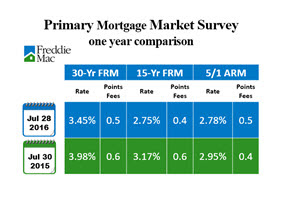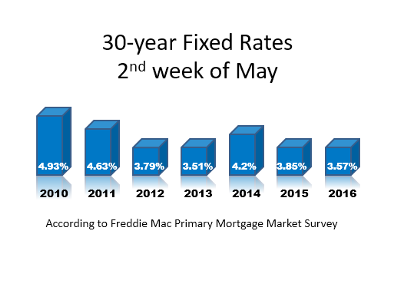Avoid Wasting Time
“If you waste my time, don’t expect me to hang out with you very long.” This could have been said by a buyer or seller or a real estate agent. Time is valuable and no one wants to waste their time.
 |
Most people can’t put their lives on-hold while they’re trying to buy or sell a home. Whether they have a family, a couple or single, life continues and the time constraints of moving can become burdensome.
Your agent is committed to helping you save time while making the experience memorable. They know the process and the potential problem areas and can help you move through them.
To preserve your time and your agent’s, please consider the following:
- If your plans to buy or sell change, let your agent know.
- Be on time for appointments or if it is necessary, cancel them with as much notice as possible.
- Get pre-approved through a trusted mortgage professional.
- Cooperate with your loan professional by providing all requested documentation.
- Don’t wander into builder or REALTOR® open houses without your agent. If you find yourself in that situation, immediately notify them that you have an agent.
- Only talk to the other party through your agent until after closing.
Your agent is working to help you meet your goals. Things work best when it’s like a partnership where each party mutually respects the other and their resources including their time.





